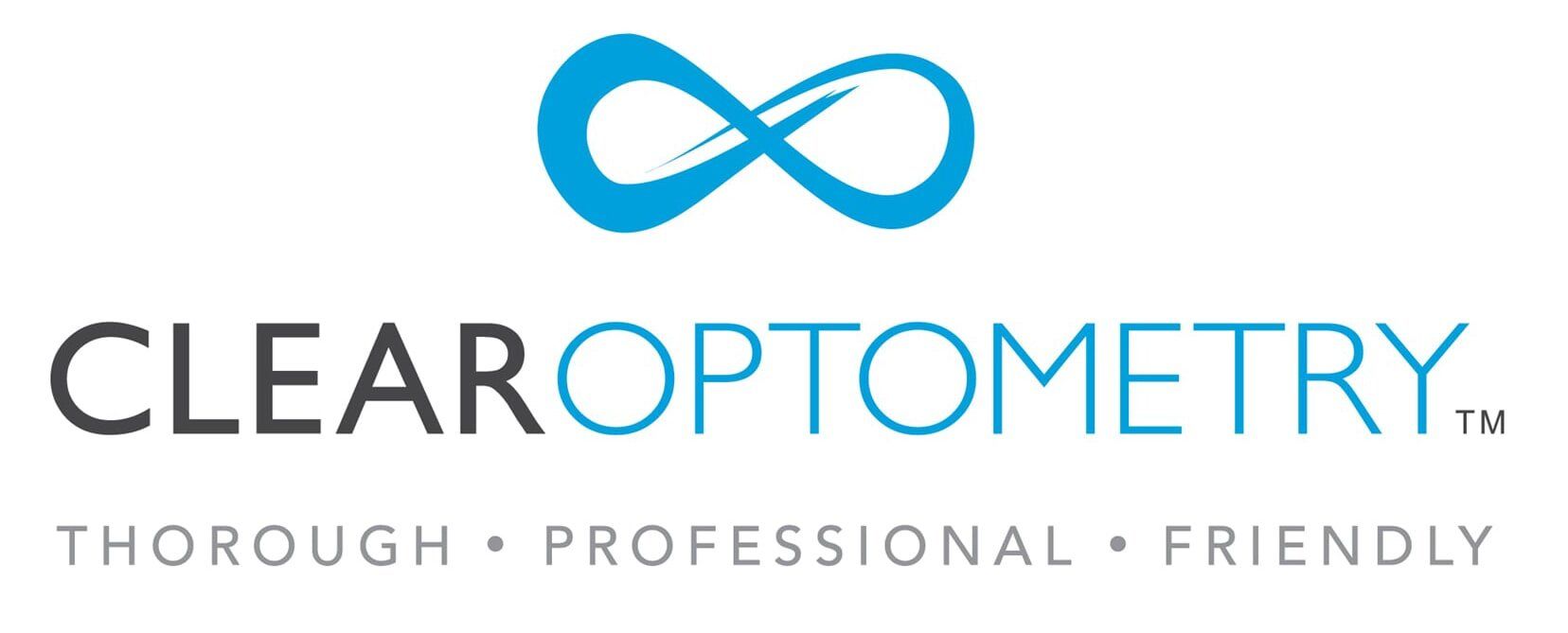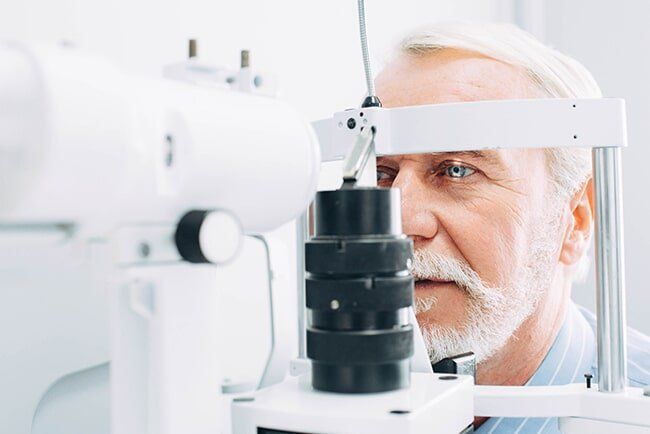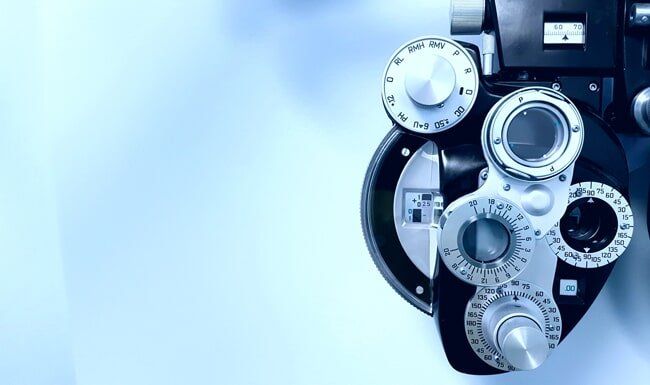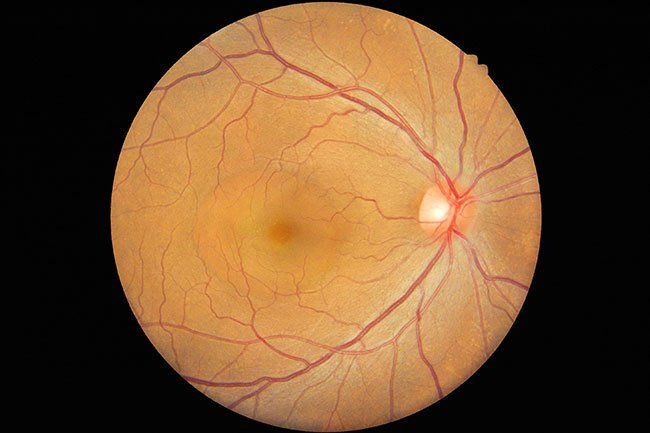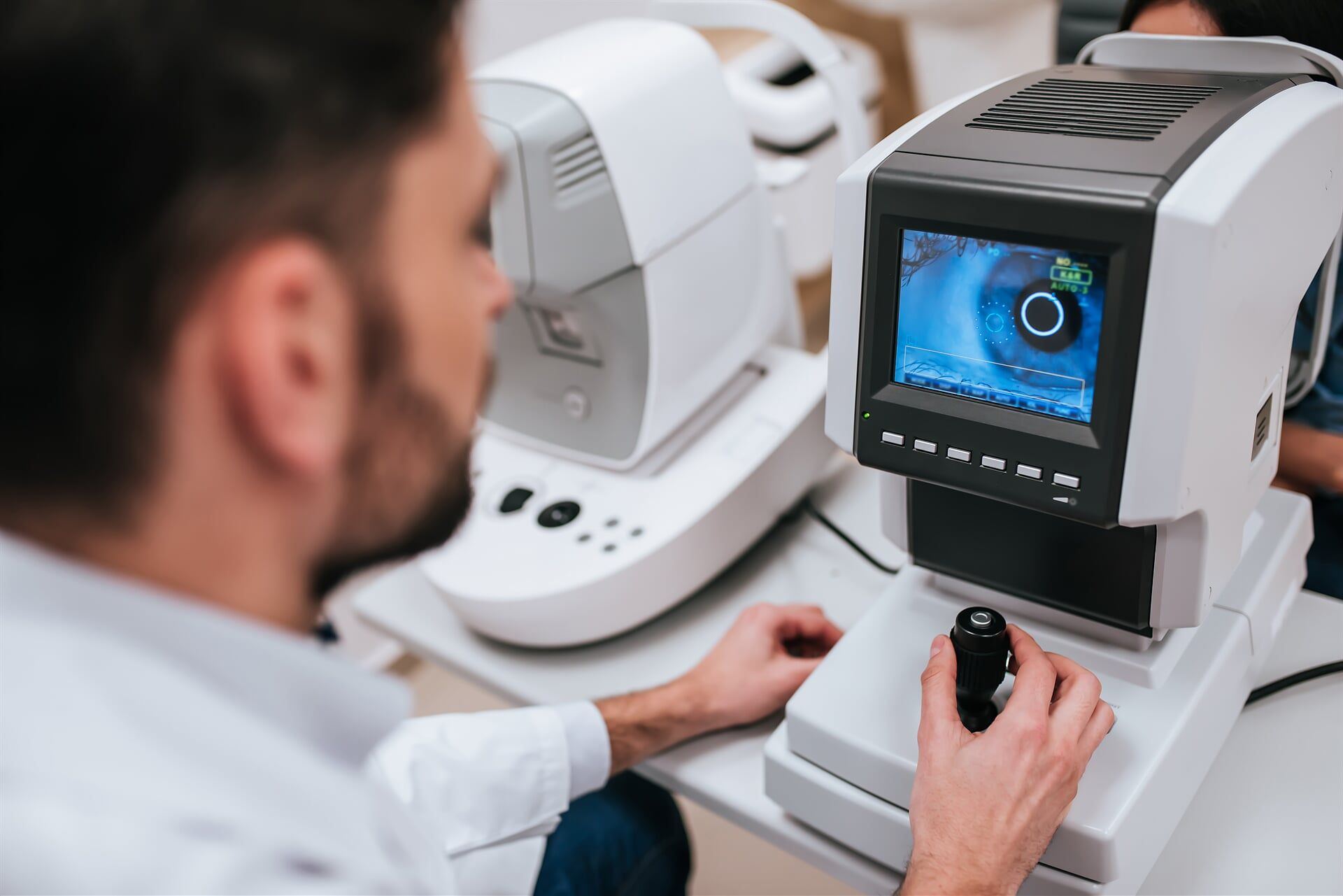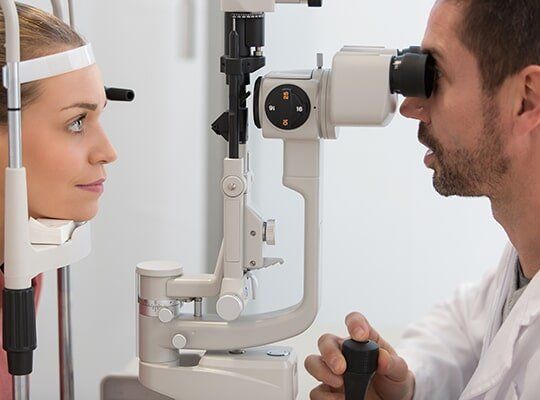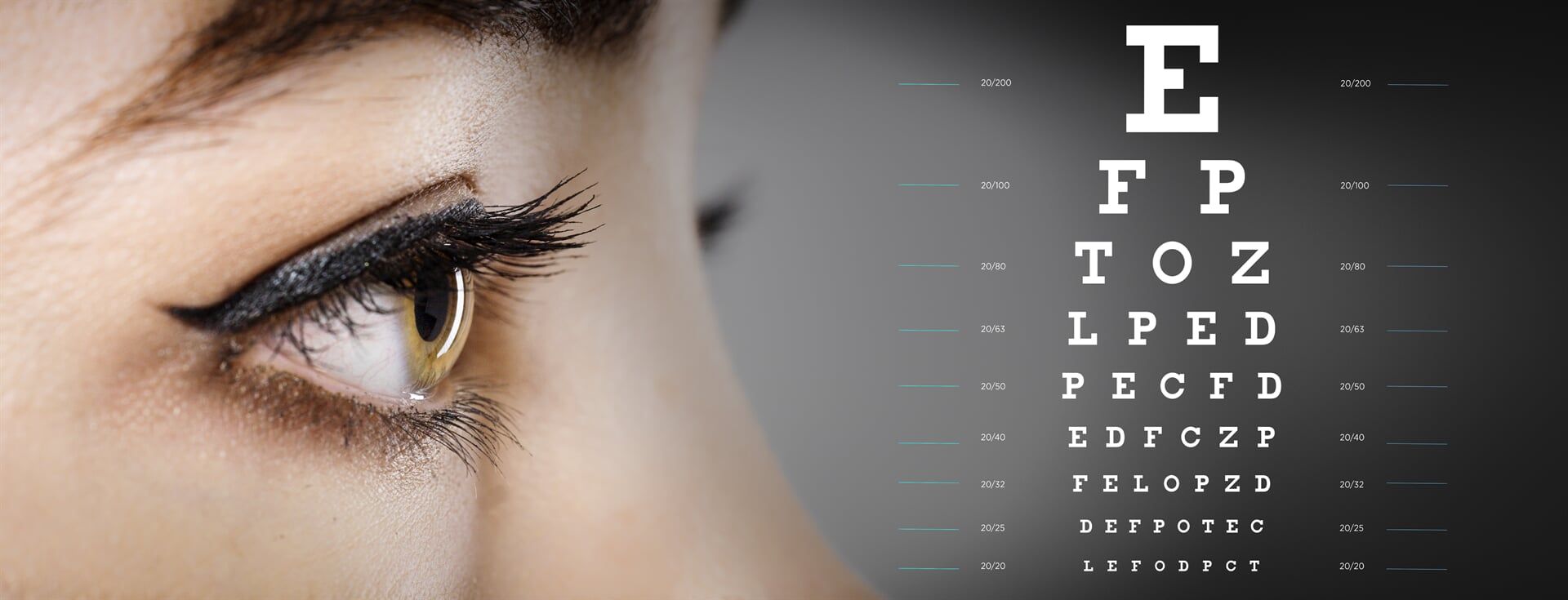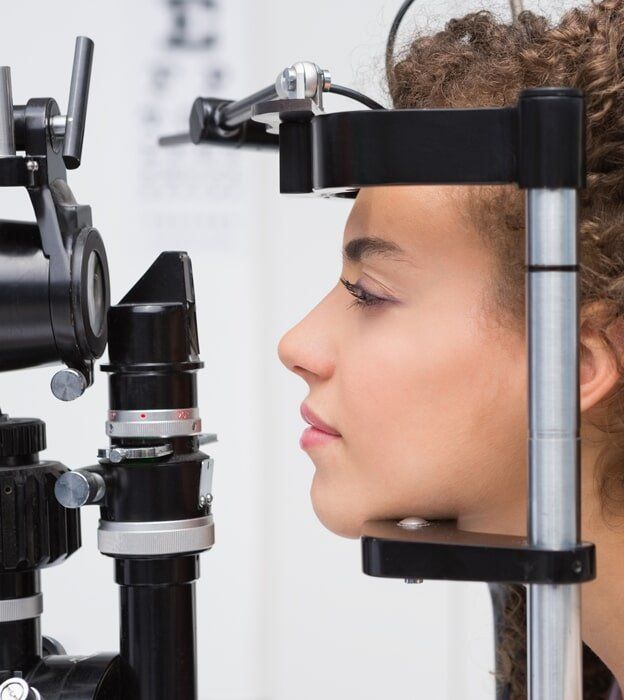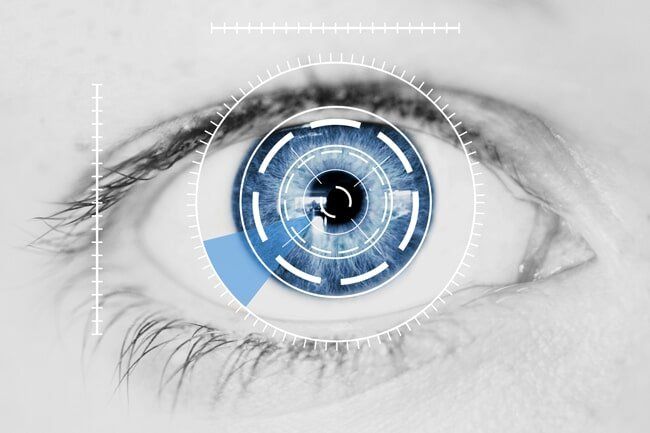VISION IS PRICELESS
Frequently Asked Questions
1
Will having an eye examination be uncomfortable?
Not at all. Most standard tests will include a check of the pressure in the eyes, which involves blowing a gentle puff of air onto the cornea, and other tests involve bright lights, but these are certainly not painful or even uncomfortable.
2
How often should I have my eyes tested?
The answer to this depends on your age and whether you have any risk factors (such as a family history) for problems such as glaucoma or macular degeneration. In general, it’s best not to go more than two years without an eye test, or one year if you’re over 65. Your optometrist will be able to provide you with a personalised recommendation as to when your next test should be.
3
At what age should children have their eyes tested?
Children should have their eyes tested prior to starting school, to ensure there are no visual problems that may interfere with the learning process. The age of four is an ideal time for their first eye test, but tests can be performed at earlier ages if parents have any concerns.
4
If I require glasses or contact lenses, can I claim on them through my health fund?
Yes, we have HICAPs on the spot claiming, available for all health funds.
5
If I’m seeing well, do I still need to have my eyes tested?
Most definitely. Many conditions, such as glaucoma and macular degeneration, may have no symptoms in their early stages. An eye test is the best way to discover conditions such as these, ideally before they start to cause you trouble.
6
Can you advise me on whether I’m suitable to have surgery to correct my vision?
Yes. Our optometrist has many years of experience in both pre and post-operative assessments for people who are interested in refractive surgery.
7
What should I bring to my appointment?
Any current glasses (including sunglasses, prescription or otherwise), your Medicare card, any private health fund card or concession cards, and if you take any medications you may like to bring a list of these (some medications can have an impact on your eyes and vision).
8
What sort of symptoms suggest I may have an eye problem?
Possible symptoms are many and varied, but can include blurred vision, difficulty changing focal lengths, sore eyes or headaches, poor concentration, excessive blinking or eye rubbing and difficulty with driving, particularly at night. However, don’t forget that some eye conditions have no symptoms in their early stages, so it’s important to have a regular eye test even if your eyes feel fine.
9
Can I have my prescription in sunglasses?
In almost all cases, the answer is yes, and this is something we encourage, as the Australian sun is very harsh and can contribute to a whole range of eye problems.
10
Can you prescribe contact lenses?
Yes, we provide a comprehensive range of contact lenses, along with all the consultations and expertise required to make sure they are comfortable and clear.
